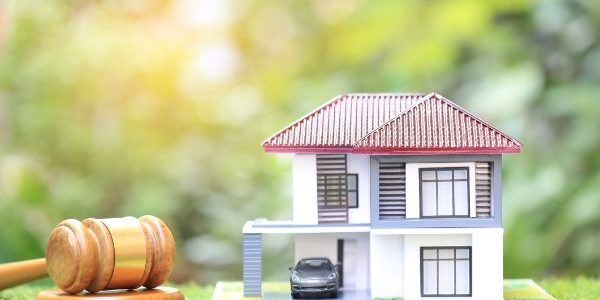After you’ve gotten a judgment in a civil trial, you are entitled to collect that amount from the opposing party. While sometimes it’s as simple as them writing a check, in other instances, they don’t have or are not willing to pay the judgment. In these cases, you’ll get a judgment lien. In this case, you put the lien against non-exempt property and can even have that property sold to satisfy the lien.
- Recordkeeping: Proving a judgment amount and how
much is still outstanding is important when getting a lien. You should keep
records of all transactions related to the judgment so that you can prove what
has and has not yet been paid when asking the court to grant a lien.
- Interest on Judgment: In Utah, certain civil judgments
can gather interest at a rate of 2% more than the federal interest rate for the
year the judgment was granted. Other civil judgments can gather interest at a
rate of 10% thanks to a recent modification to Utah statute. These rates can be
modified further by the agreement or contract between the parties.
- Abstract of Judgment: This is the document you obtain
from the Clerk of Court where the judgment was entered to show that you have a
collector’s interest in the debtor. You use this document to place a lien on
real property and keep the debtor from selling or mortgaging that property
until the debt is paid or the lien expires.
- Selling Real Property: Once a lien has been established
against non-exempt real property, the creditor can then sell that property to
satisfy the judgment lien. Property must be seized in a certain order, starting
with the debtor’s preference if the debtor can name sufficient property to
satisfy the judgment. If not, the real property is seized first, followed by
farm products, securities, and other personal property.
- Exempt Property: Certain types of property are considered exempt property in Utah and protected from most collections actions. This includes your main home or “homestead” up to a value of $42,000 if it is your primary personal residence or $84,000 if jointly owned.
There are other mechanisms available to Utah parties to collect on a judgment in certain circumstances such as garnishment to collect against wages, replevin to collect against personal property, and attachment to collect against exempt property.
The experienced team of litigators at the Dunn Law Firm are here to help even after your lawsuit is finished. Whether you need to file a judgment lien to encourage payment or actually foreclose on the property to collect, we can handle following up to ensure you are made whole, just as the court intended. To learn more, reach out to the Dunn Law Firm by calling (435) 628-5405 and set up a free consultation today.







